
Rheumatic heart disease (RHD) is a serious condition that can arise from rheumatic fever, often resulting from untreated strep throat. At ACE Heart and Vascular Institute, we provide comprehensive treatment options for RHD, ensuring that our patients receive the best care possible. As the best heart hospital in Chandigarh, we are committed to delivering cutting-edge treatments and compassionate care to our community.
Understanding Rheumatic Heart Disease
RHD affects the heart valves and can lead to significant health complications if left untreated. Symptoms may include:
- Shortness of breath
- Chest pain
- Fatigue
- Swelling in the legs or abdomen
At ACE Heart and Vascular Institute, our team of experienced cardiologists specializes in diagnosing and treating RHD, utilizing advanced technologies and personalized treatment plans.
Our Treatment Approach
We offer a range of services tailored to manage and treat rheumatic heart disease effectively:
- Comprehensive Diagnosis: Utilizing echocardiograms and other diagnostic tools to assess heart function.
- Medication Management: Prescribing medications to manage symptoms and prevent further complications.
- Surgical Interventions: In severe cases, surgical options such as valve repair or replacement may be necessary.
Why Choose ACE Heart & Vascular Institute?
- Expertise: Our team of specialists includes some of the best cardiologists in Mohali, ensuring you receive the highest standard of care.
- Advanced Technology: We utilize state-of-the-art equipment and techniques, including CAVI testing, to provide accurate assessments.
- Patient-Centered Care: Your health and comfort are our top priorities. We strive to create a welcoming environment where you feel valued and cared for.
India's Leading Cardiologist At ACE Heart & Vascular Institute
Request an Appointment
Watch Our Video: ACE Heart & Vascular Institute
To give you a better understanding of our services, watch this video where Dr. Puneet K. Verma, our leading interventional cardiologist, explains the various procedures and their benefits.
Watch Out What Our Patients are saying...
Patient Success Stories – Leading Heart Care in Mohali and Chandigarh at ACE Heart and Vascular Institute
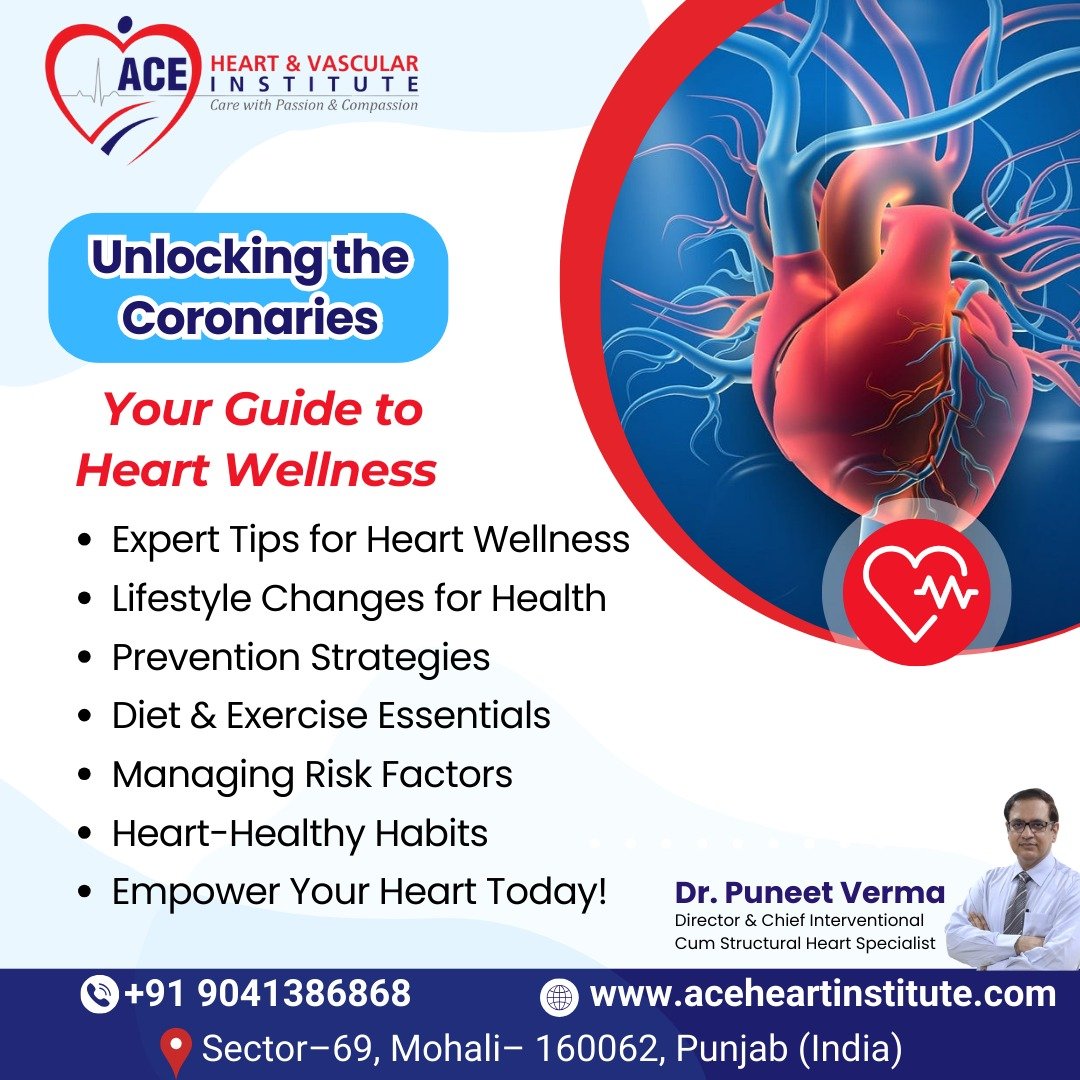
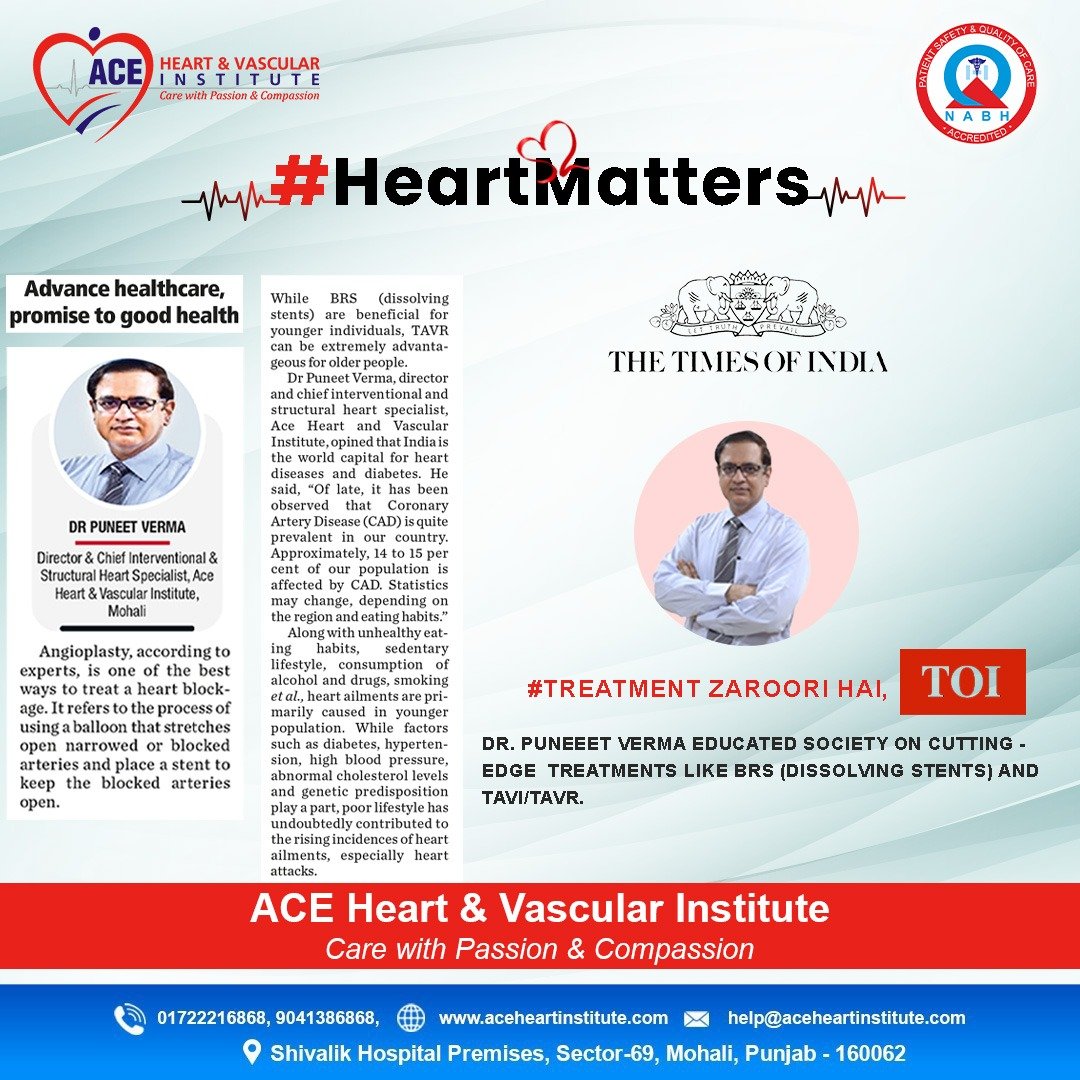
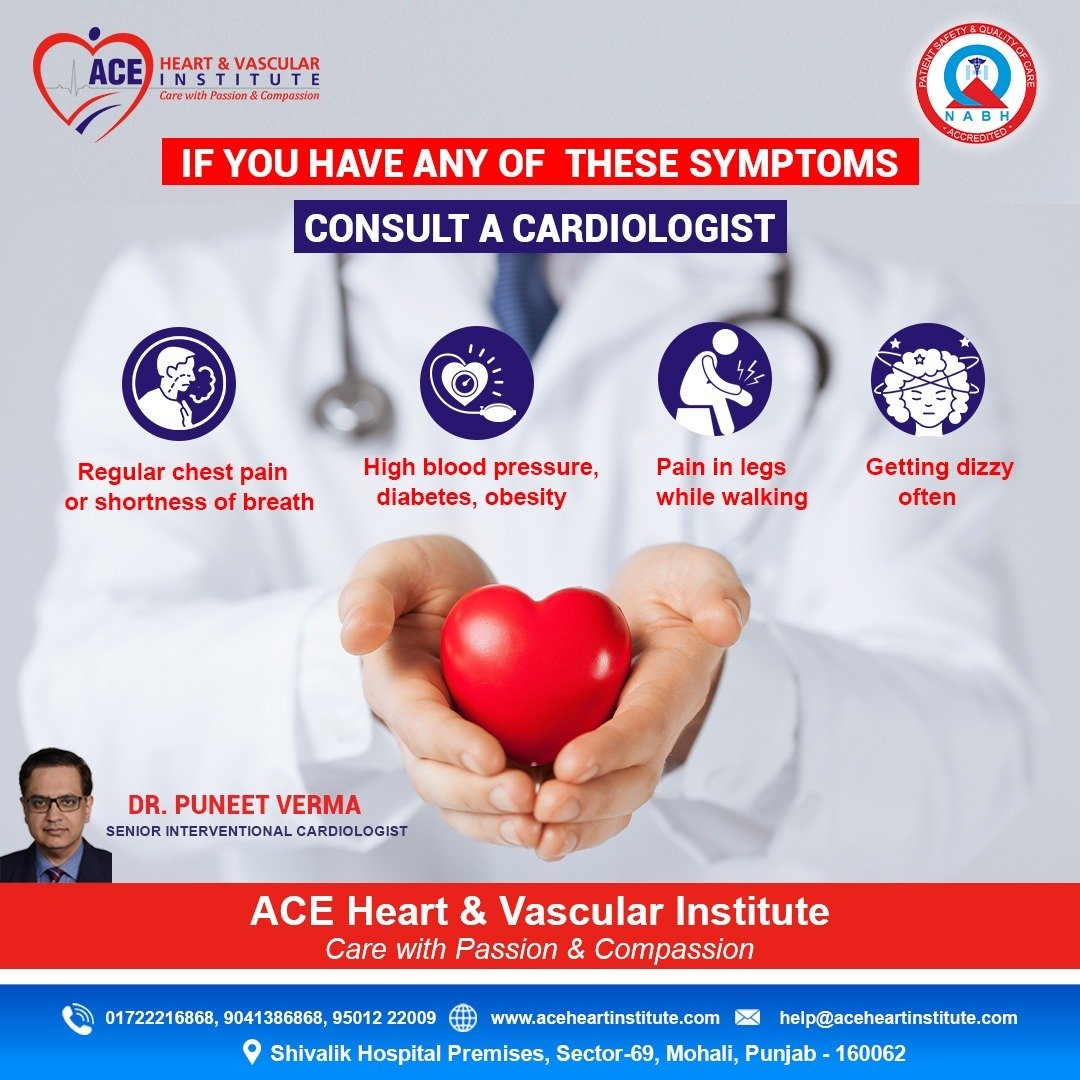
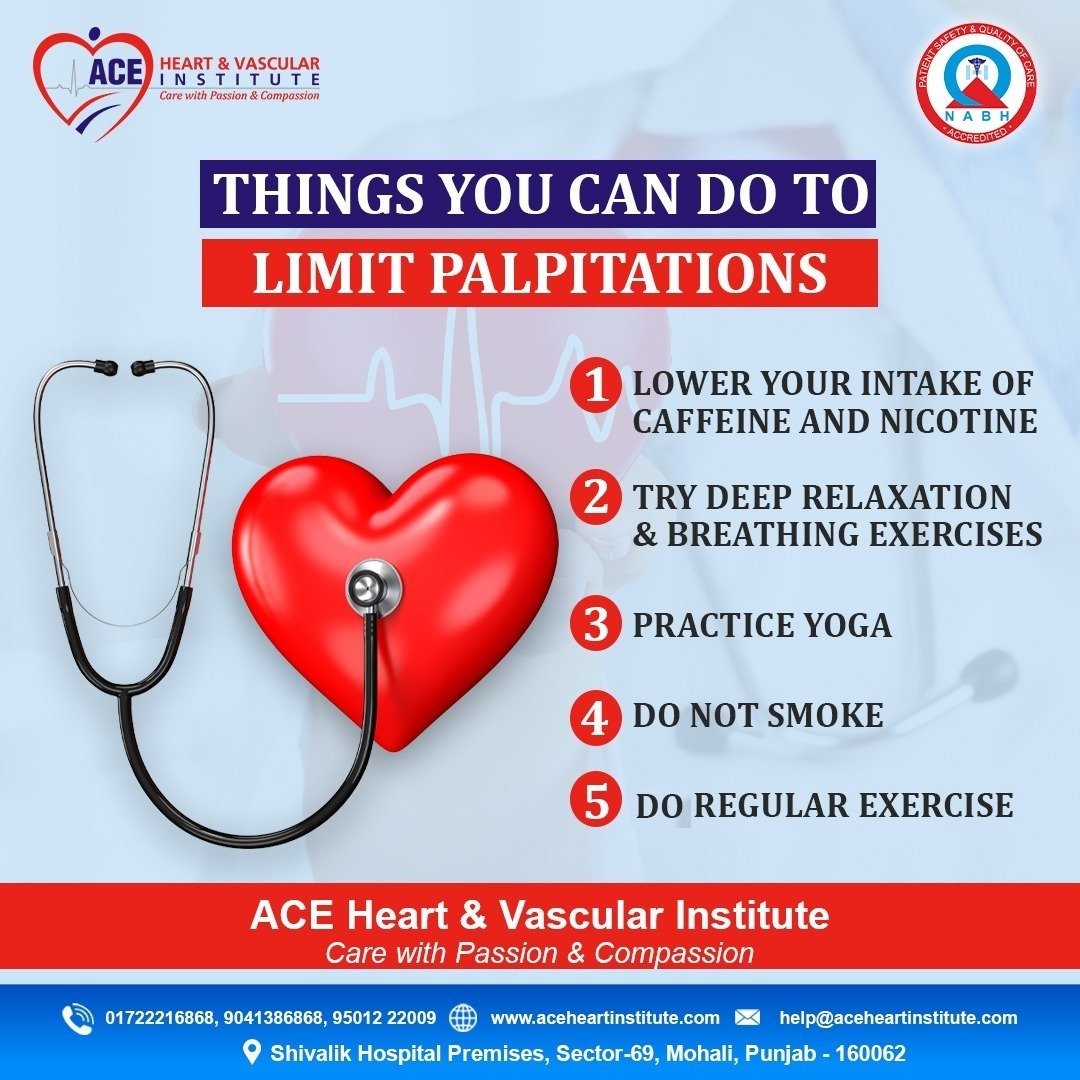
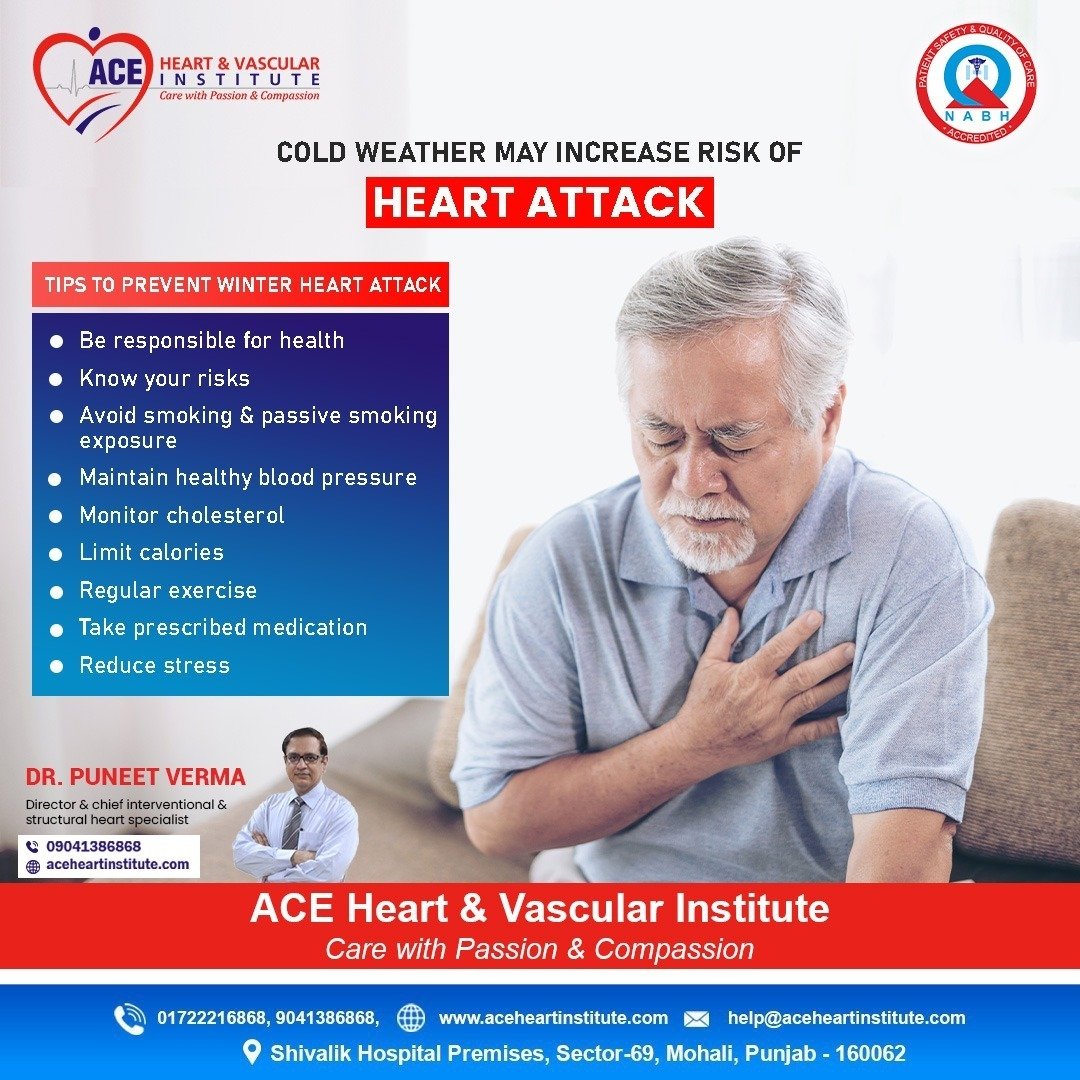
Frequently Asked Questions (FAQs) Rheumatic Heart Disease Treatment
A: RHD is primarily caused by complications from rheumatic fever, which can develop after untreated strep throat.
A: Diagnosis typically involves a physical examination, medical history review, and imaging tests like echocardiograms.
A: Treatment options range from medication management to surgical interventions, depending on the severity of the condition.
A: Preventing strep throat infections through timely treatment can significantly reduce the risk of developing RHD.



